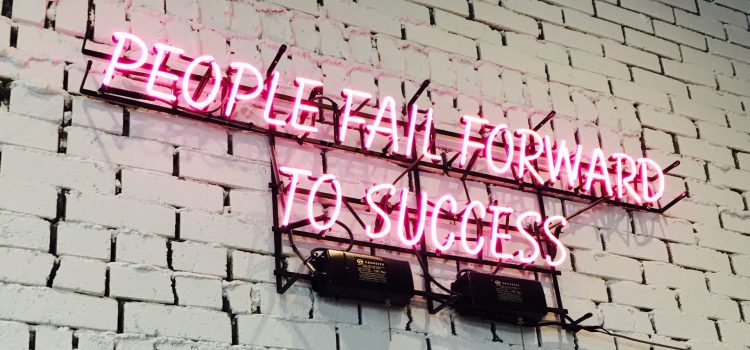

This article is an excerpt from the Shortform book guide to "The Third Door" by Alex Banayan. Shortform has the world's best summaries and analyses of books you should be reading.
Like this article? Sign up for a free trial here.
How did Lada Gaga respond to the criticism she received for her album ARTPOP? What can it teach you about failure and success?
Many of the people whom Alex Banayan interviewed for his book The Third Door overcame difficult challenges in their lives and their careers. He found that, for Lady Gaga, failure is an opportunity to bounce back and avoid derailing progress.
Read more to learn how Lady Gaga has dealt with criticism and failure.
Lady Gaga on Failure
Banayan wasn’t able to sit down with Lady Gaga for an official interview, but he did meet her briefly. And, through a mutual acquaintance, he became involved in planning her media response to the criticism of her recently released album. He watched the way she handled that criticism. And, here’s what he learned from Lady Gaga: Failure can be turned into success if you have a strong sense of your values—and if the failure aligns with those values.
The phenomenal success of her first two albums made Gaga a worldwide star. But, critics panned her third album, ARTPOP, and sales were low. For several months after the album’s release, Gaga struggled to respond to this criticism, and the negative reviews were hard on her. However, she ultimately realized that the unusual character of her album—which is what prompted the negative reviews—was consistent with her brand of always defying expectations. Since her previous albums had been so well-received, it was fitting that she then release an album that appealed more to a fringe audience.
By embracing the message that the low sales and bad ratings of the album actually reflected its underlying strengths, Gaga was able to emerge from the experience with a sense that she was in control of the narrative. She even ramped up the strangeness of the album by making all-the-more bizarre performances, including having someone vomit on her on stage. She publicly compared this strangeness to Andy Warhol’s art, thus positioning her album alongside recognized great art.
| When to Acknowledge Wrongs Instead of Framing Them as Positives There were a number of reasons Gaga’s 2013 album ARTPOP was poorly received by critics and the public. Some people called it pretentious and objected to Gaga’s unusual artistic choices, like the vomit performance Banayan mentions. But, another focus of criticism, which Banayan doesn’t discuss, was that the album seemed to trivialize and profit off of sexual assault. One song in particular, “Do What U Want,” featured a duet with R. Kelly, who was widely recognized as a sexual predator. Gaga also created a music video with Kelly—never officially released, but leaked—that many interpreted as a glamorization of rape. It can be argued that Gaga’s response to the pushback against the sexual assault themes was a way to position weaknesses as strengths: She told Howard Stern the songs about rape and demoralization allowed her to release the pain she felt. However, she did ultimately acknowledge, without spinning it as a strength, the weakness of her collaboration with R. Kelly. After the full extent of his sexual assault history became publicized in 2019, she issued an apology saying she regretted working with him and that doing so had shown poor judgment. Though Gaga’s apology came after the publication of The Third Door, Banayan might argue that Gaga was still letting her values guide her decisions and move her past her setbacks. In this case, it was not so much to justify her setbacks or frame them as wins but instead, to acknowledge them honestly and demonstrate growth. |

———End of Preview———
Like what you just read? Read the rest of the world's best book summary and analysis of Alex Banayan's "The Third Door" at Shortform.
Here's what you'll find in our full The Third Door summary:
- That there are three doors in life—but most people only know about two
- Insights, tricks, and motivations to help you find your path to success
- Advice from some of the world's most successful people






